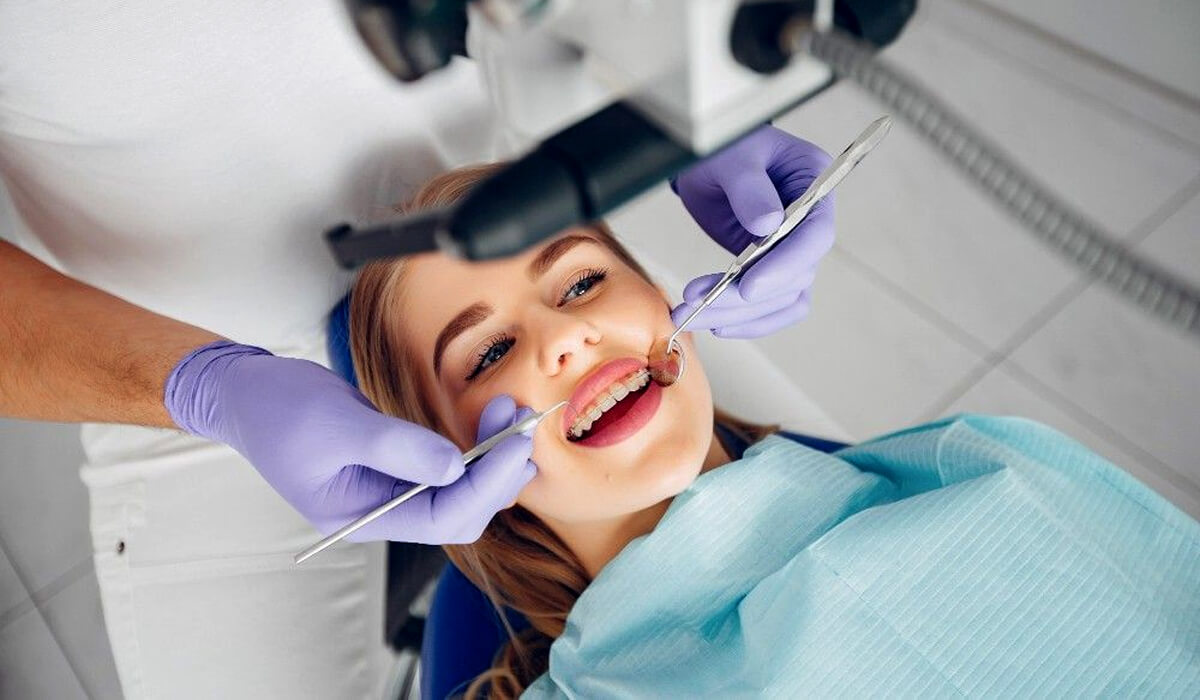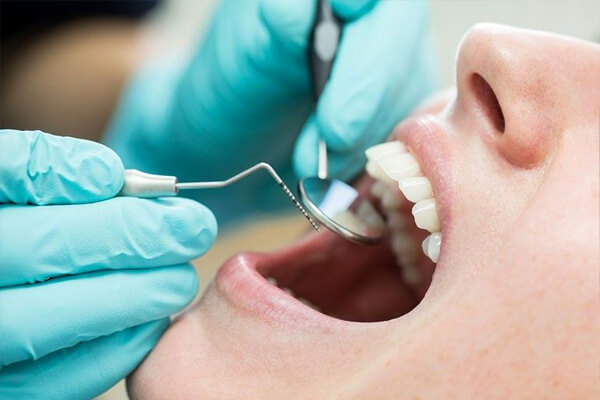
4-Step Care for Your Teeth if You Have Diabetes🦷
Approximately 22% of people diagnosed with diabetes have been diagnosed with oral disease, but there are easy ways to prevent this from happening to you.
Good Blood Sugar Control = Happy Teeth and Mouth
People with diabetes, especially those who have high blood sugar, are more likely than those without diabetes to develop oral health problems.
People with diabetes are more likely to develop pesky cavity-causing junk around the teeth called plaque. This is due to having more glucose (aka sugar) in their saliva, which can encourage plaque causing bacteria to grow. A lack of saliva can also cause problems.
A dry mouth is a common side effect of medication and aging, which can make it so that food debris, acid, sugar, and bacteria do not get washed away as easily. Some of these problems include tooth decay, ulcers, thrush, and gum disease. To help prevent some of these dental conditions, we’ve gathered a few tips that can help you brush up on your dental hygiene.
✅ Brush Up
While it may seem obvious, brushing your teeth and flossing is necessary to maintain proper oral hygiene. When in doubt, remember to go 2 by 2, brush your teeth TWICE a day for TWO minutes. It is not necessary to use an electric toothbrush to thoroughly brush your teeth, but it is recommended to use a soft-bristled toothbrush as research has shown firm bristles can damage the enamel on your teeth over time. You should also be flossing once a day to ensure you get all the plaque and food that can build up in between your teeth and along your gums. Flossing daily can help prevent tooth decay and gum disease.
✅ Show Your Gums Some Love
While it is important to brush your teeth, it is equally important to brush your gums. Diabetes lowers the body’s ability to fight infection which can make you more at risk for developing inflammation, fungal infections, and gingivitis. It is recommended that you brush your gums in an up-and-down motion while holding the toothbrush at a 45-degree angle. While we want to give our gums the love and attention they deserve, it is important to remember it is possible to do too much of a good thing. Overbrushing or brushing more than twice a day can cause the gums to recede and expose the roots of the tooth.
✅ Know the Signs
Some oral health conditions can be painless, such as gum disease and cavities, so it is important to know what to look for. In addition to visiting your dentist, the best thing you can do to prevent dental diseases is to monitor your mouth. Here are some of the American Diabetes Association’s key things to watch for when brushing your teeth.
If you notice any of these warning signs, speak to your dentist right away.
- Bleeding gums when you brush or floss
- Bad breath
- Red, swollen, or tender gums
- Gums that have pulled away from your teeth
- Loose teeth
- Increased space between your teeth
- Dry mouth

✅ Get Regular Cleanings
While no one enjoys going to the dentist, it is important to keep up with regular checkups to help stop problems before they arise. The general recommendation is that you see your dentist twice a year for regular teeth cleaning and examinations. It is also important that your dentist knows that you have diabetes and if you have had any changes in your medications or diabetes management.
Summary Oral hygiene is important for everybody, but it is especially important when you have diabetes due to your increased chances of developing oral health problems. It is encouraged to maintain regular trips to your dentist and keep up with your oral hygiene routine. Brushing your teeth twice a day and flossing can help decrease your chances of developing tooth and gum diseases. Give yourself something to smile about by taking care of your teeth and gums!






